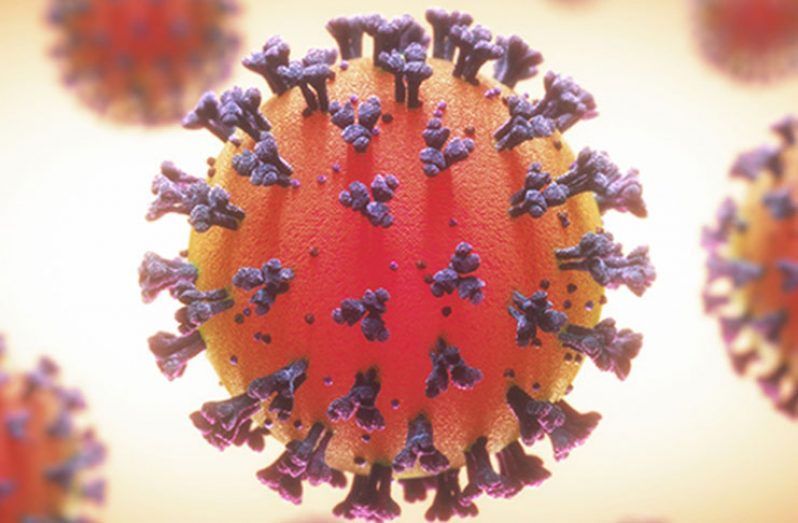THE global death toll from the new coronavirus, which emerged less than a year ago in China and has swept across the world, passed one million on Sunday.
The pandemic has ravaged the global economy, inflamed geopolitical tensions and upended lives, from Indian slums and Brazil’s jungles to America’s biggest city, New York.
World sports, live entertainment and international travel ground to a halt as fans, audiences and tourists were forced to stay at home, kept inside by strict measures imposed to curb the virus spread.
Drastic controls that put half of humanity — more than four billion people — under some form of lockdown by April at first slowed the ‘pace’ of the virus, but since restrictions were eased cases have soared again.
On Sunday, the disease had claimed 1,000,009 victims from 33,018,877 recorded infections, according to an AFP tally, using official sources.
The United States has the highest death toll with more than 200,000 fatalities followed by Brazil, India, Mexico and Britain.
On Sunday, CNN reported that almost half the US is reporting increased numbers of new COVID-19 cases as health experts warn of a potential coronavirus surge in the fall and winter.
As of Sunday, the number of new coronavirus cases has increased by at least 10 per cent or more compared to the week before in 21 states, most of them in the West, according to a CNN analysis of data from Johns Hopkins University.
CNN noted that cases are rising in Alabama, Alaska, Colorado, Idaho, Maine, Michigan, Minnesota, Montana, Nevada, New Jersey, New Mexico, North Carolina, North Dakota, Oregon, South Carolina, South Dakota, Texas, Utah, Washington state, Wisconsin and Wyoming.
The US could see an explosion of COVID-19 cases in the fall and winter as people exercise less caution and spend more time indoors, where there is a greater likelihood of transmission, according to Dr. Chris Murray, director of the University of Washington’s Institute for Health Metrics and Evaluation (IHME) CNN has reported.
Meanwhile, with scientists still racing to find a working vaccine, governments are again forced into an uneasy balancing act: Virus controls slow the spread of the disease, but they hurt already reeling economies and businesses.
The IMF, earlier this year, warned that the economic upheaval could cause a “crisis like no other” as the world’s GDP collapsed.
Europe, hit hard by the first wave, is now facing another surge in cases, with Paris, London and Madrid all forced to introduce controls to slow cases threatening to overload hospitals.
Masks and social distancing in shops, cafes and public transport are now part of everyday life in many cities. (AFP)



.jpg)









